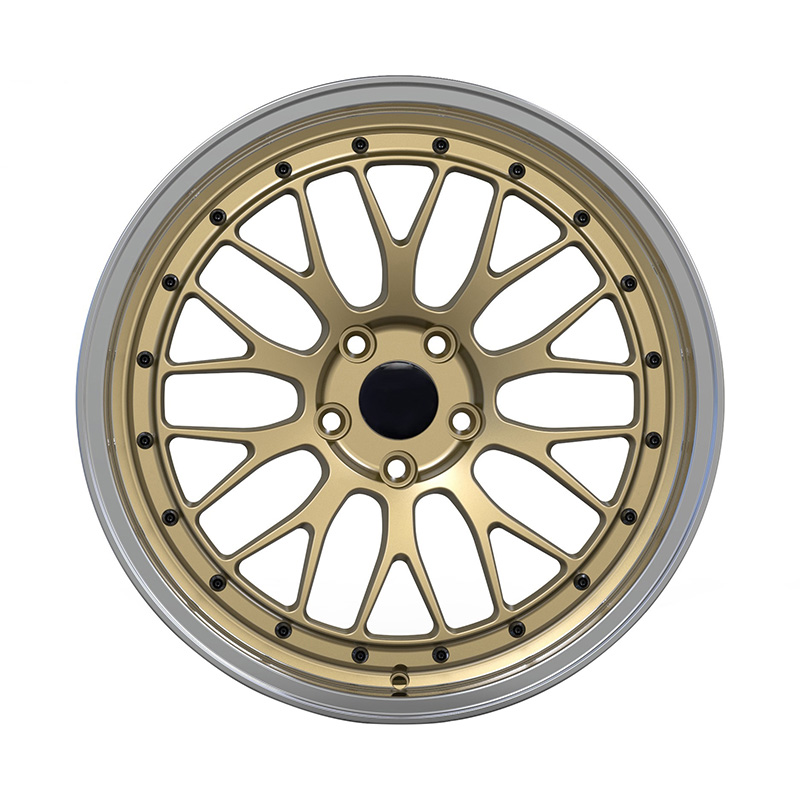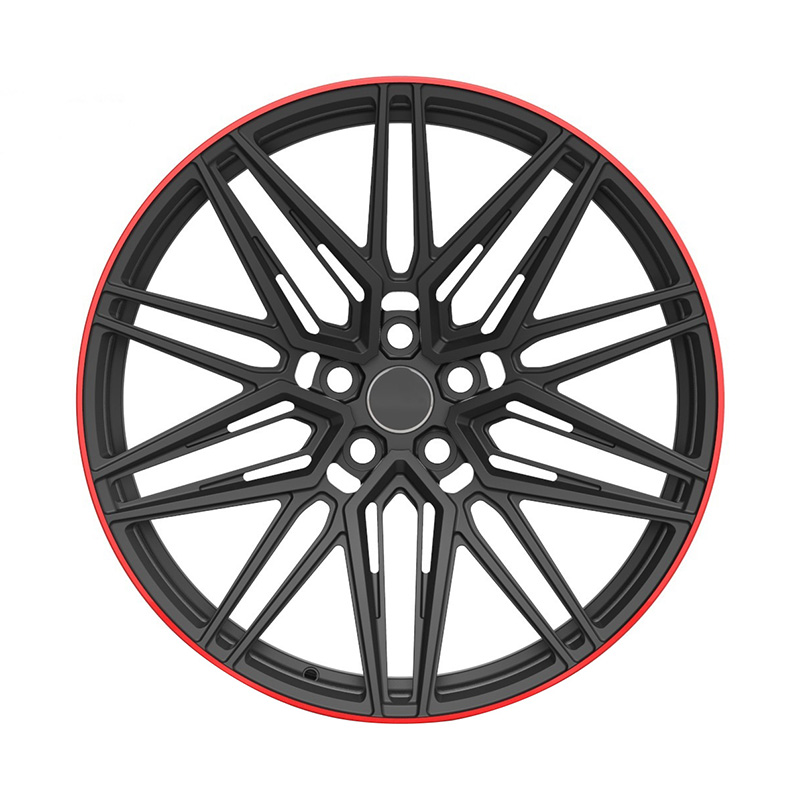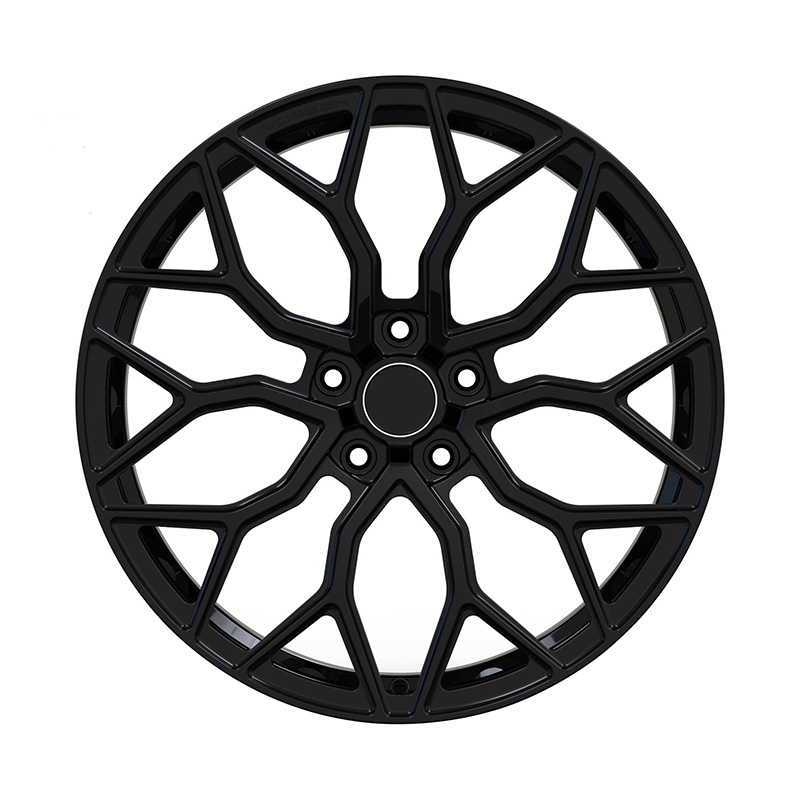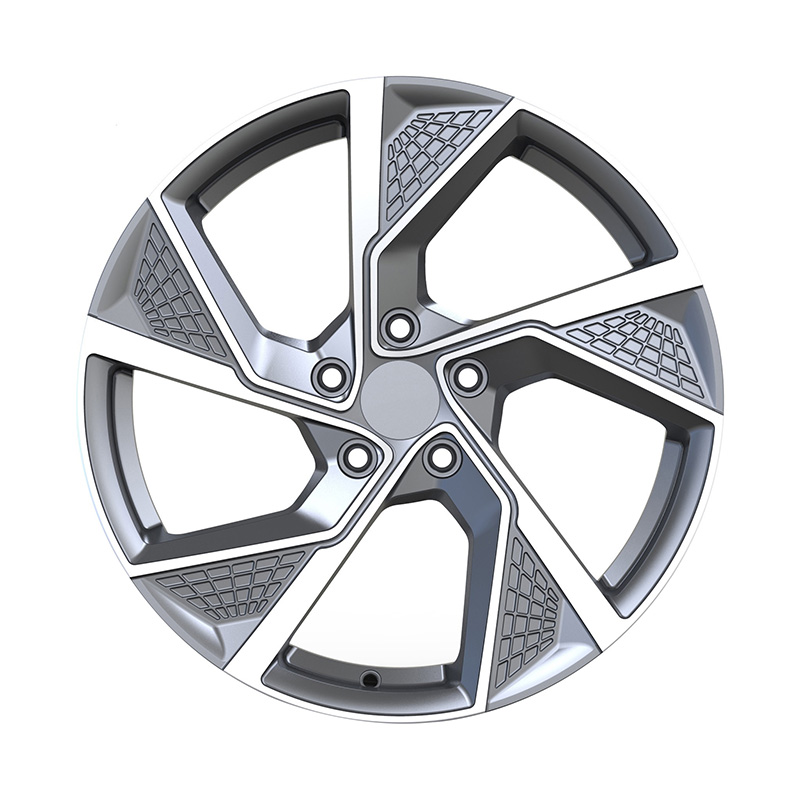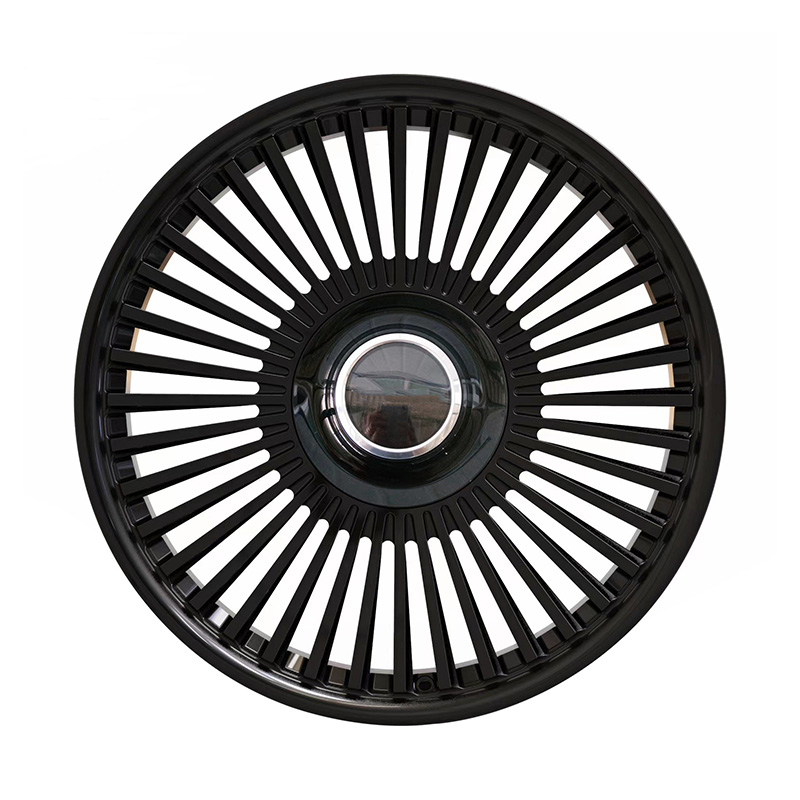
Submit
Submit feedback
How Does the Material of 2 Piece Deep Dish Concave Forged Wheels Affect Its Performance?
2024-11-08
Custom 2 piece deep dish concave forged wheels are some of the sought-after options for high-performance vehicles, offering a combination of style, durability, and precision engineering. The material used in the construction of these wheels plays a crucial role in determining their overall performance, as it directly influences factors like strength, weight, and handling.
Before delving into the material’s impact, it’s important to understand what Custom 2 piece deep dish concave forged wheels are. These wheels are designed with a two-piece construction, consisting of a barrel (the outer rim) and a central hub, which are bolted together. The deep dish concave design refers to the wheel’s shape, where the center of the wheel curves inward, creating a distinctive, aggressive look that is particularly popular among car enthusiasts.
Forged wheels are made from a solid billet of metal that is heated and then pressed into shape. This forging process helps to increase the strength and rigidity of the wheel, making it more resistant to damage under high stress, such as during racing or high-performance driving. Custom 2 piece deep dish concave forged wheels combine this forging technology with customizable options, allowing for tailored aesthetics and performance characteristics.
The Impact of Material on Strength and Durability
One of the key factors influencing the performance of Custom 2 piece deep dish concave forged wheels is the material used in their construction. The common materials for forged wheels are aluminum alloys, though magnesium and carbon fiber can also be used in specialized high-performance applications. Let’s take a closer look at how each material choice impacts strength and durability.
Aluminum Alloys:
The majority of Custom 2 piece deep dish concave forged wheels are made from aluminum alloys. These alloys are popular due to their strength-to-weight ratio. Aluminum alloys like 6061-T6 and 7075 are particularly favored in wheel manufacturing because they offer a great balance between lightweight properties and strength. This makes aluminum alloys ideal for high-performance vehicles where reducing weight is essential for faster acceleration, improved handling, and enhanced fuel efficiency.
Aluminum is also resistant to corrosion, making it well-suited for use in all kinds of weather conditions, from dry heat to wet, salty environments. This corrosion resistance ensures that Custom 2 piece deep dish concave forged wheels maintain their integrity over time, even in the face of harsh elements, which is important for durability and long-term performance.
Magnesium:
Magnesium wheels are less common but are sometimes used in high-performance and racing applications where weight reduction is paramount. Magnesium is one of the lightest metals used in wheel construction, and it has a strength-to-weight ratio compared to aluminum. This can be a significant advantage for performance vehicles, as reducing weight without sacrificing strength directly enhances speed, acceleration, and handling.
However, magnesium is more prone to corrosion than aluminum and requires special coatings to protect it from oxidation. As a result, magnesium wheels are often more expensive and less widely used than aluminum wheels. But for those looking to shave off every ounce and achieve the possible performance on the track, Custom 2 piece deep dish concave forged wheels made from magnesium can provide a significant advantage.
Carbon Fiber:
In high-performance or racing contexts, carbon fiber wheels are becoming increasingly popular. Although more expensive than both aluminum and magnesium, carbon fiber is incredibly lightweight and offers strength and rigidity. It is also highly resistant to corrosion and can withstand high levels of stress without flexing. This makes Custom 2 piece deep dish concave forged wheels made from carbon fiber ideal for vehicles that demand both speed and precision handling.
recommend products
-
Zhenlun Multi Spokes Split Monoblock Forged Wheels Bronze With Silver Lip Edge
-
Zhenlun Matt Black With Red Lip Monoblock Forged Wheels
-
Zhenlun Gloss Black Monoblock Forged Wheels Gloss Black For Sports Car
-
Zhenlun Monoblock Forged Wheels Lightgrey With Machined Face
-
Zhenlun Monoblock Forged Wheels Gloss Black Dense Multi Spoke

 0
0

